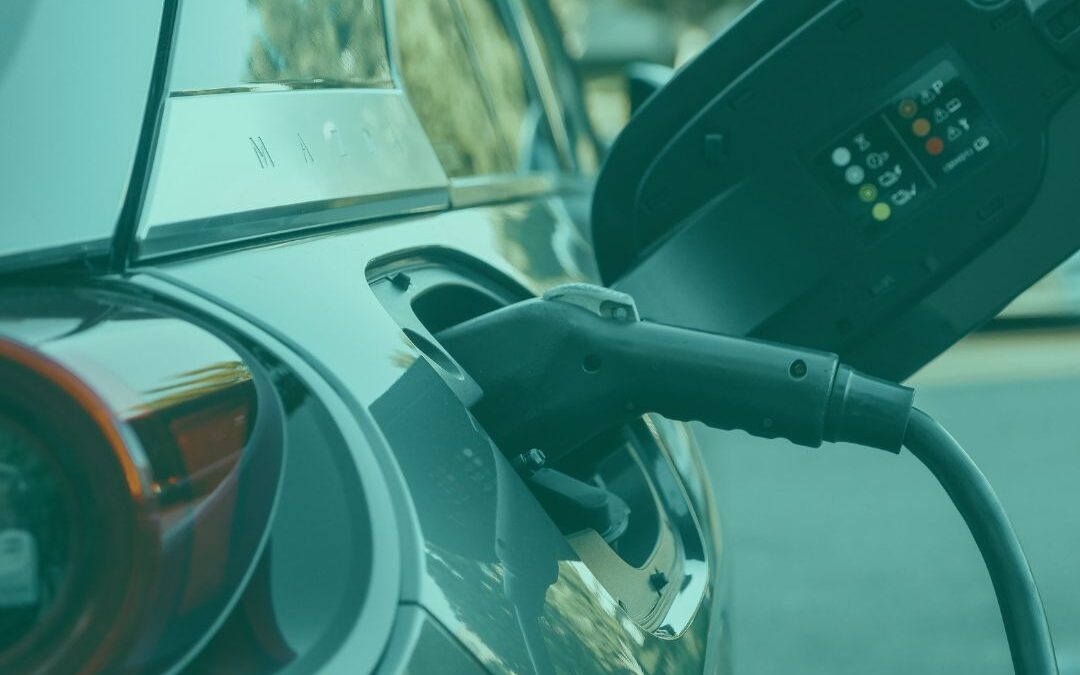Installing an EV Charger at Home: What Homeowners Should Know MABA MassachusettsRealEstate FirstTimeHomeBuyers MaBuyerAgent
As electric vehicles (EVs) become more mainstream, many homeowners are starting to view at-home charging stations not just as a luxury, but as a practical and forward-thinking upgrade. Installing an EV charger at home can add convenience, support sustainability, and even boost property value—especially as more buyers look for eco-friendly features. But like any home improvement project, it’s important to understand what’s involved before jumping in. Whether you already drive an EV or are simply planning ahead, here’s what you need to know about adding a charger to your home.
Understand the Different Charger Levels
EV chargers come in three levels. Level one uses a standard 120-volt outlet and is the slowest adding about three to five miles of range per hour. It’s fine for overnight charging if you don’t drive far each day. Level two chargers require a 240-volt outlet (like those used for electric dryers) and offer a much faster charge up to twenty five miles of range per hour. Level three, or DC fast chargers, are mainly used in commercial settings due to their high power requirements and installation costs. For most homeowners, a Level two charger is the sweet spot for speed and affordability.
Check Your Electrical Panel Capacity
Before installing a Level two charger, you’ll need to make sure your home’s electrical panel can handle the additional load. Some older homes may require an upgrade to accommodate the charger’s power draw. A licensed electrician can assess your setup, recommend the best course of action, and ensure everything is up to code and safe.
Location Matters
When deciding where to install your charger, consider both practicality and wiring costs. Ideally, it should be placed close to where you park your EV usually inside the garage or on an exterior wall near the driveway. Shorter distances between the charger and your electrical panel typically mean lower installation costs. Weatherproof units are available for outdoor use, and smart chargers offer features like app-based monitoring and scheduling.
Consider Rebates and Incentives
Many utility companies, cities, and states offer rebates or tax credits to help offset the cost of purchasing and installing EV chargers. These programs can significantly reduce your out-of-pocket expenses. Be sure to research local incentives before starting the project some require pre-approval or specific equipment to qualify.
Real Estate Value and Buyer Appeal
From a real estate perspective, an at-home EV charger can be an attractive feature for buyers especially in neighborhoods where EV adoption is growing. While it may not drastically increase your home’s appraised value, it can give your listing an edge and appeal to a tech-savvy or environmentally conscious market. For new builds or remodels, installing the infrastructure (even if the charger comes later) is a smart, future-ready move.
A Smart Upgrade for Modern Living
Installing an EV charger at home is more than a convenience it’s an investment in your lifestyle and your property. As electric vehicles become the norm, having a home charging solution will shift from a “nice to have” to an expected feature. Whether you’re embracing the EV life now or preparing for the near future, adding a charger is a smart, sustainable upgrade that adds both function and forward-thinking value to your home.

FIRST TIME HOMEBUYERS
HOMEBUYERS BEWARE! Book Review
This book is an excellent first step in a complicated process.

BEWARE the cards are stacked against you! Get Tom Wemett's book, learn why are different from other
Buying a home is like buying a car, on steroids. It’s the biggest investment you are likely to make so the stakes are incredibly high. I knew that having an agent represent me was a good idea.
What I hadn’t grasped was how important it is to find one who is not connected with the selling side in any way—through an agency that also represents sellers, as most do, at least in Mass. In researching buyer agents, I found Tom through the Mass. Assoc. of Buyer Agents (MABA).
Get Started with MABA
For no extra cost, let a MABA buyer agent protect your interests



